In his speech, Khalifa emphasized that the GCC steel sector should focus on three key areas. First, he called for GCC countries to stop competing against each other and start working together. “Most countries operate independently; everything is managed separately. We now need greater specialization,” he said. As an example, he suggested producing liquid steel in countries with lower electricity costs while manufacturing value-added products in others. Khalifa stressed that this approach would boost the production of value-added steel across the GCC region.
Second, Khalifa highlighted the need to create collective purchasing power. “We can procure materials together as a single entity. This would strengthen our bargaining position, reduce costs, and enhance competitiveness,” he noted.
The third and most critical point, he said, is creating a local customer base. Khalifa explained that investing in an integrated steel plant is unsustainable without a guaranteed market for the produced goods. “To ensure a return on investment, we need commitments from both the public and private sectors to consume our steel. This provides confidence for companies and encourages further investment,” he stated.
Khalifa also drew attention to issues of overcapacity and import dependency in the GCC region. “There is particularly an oversupply of long products. We should redirect this capacity toward producing steel grades that are currently being imported. By collaborating in three key areas, we can make better use of our idle capacity,” he said.
He emphasized that the foundation of such collaboration should be “joint planning.” Khalifa proposed creating a shared platform under the Ministries of Trade, Economy, and Industry, where companies could coordinate production and maintenance schedules to prevent overproduction and price drops.
To reduce import dependency, Khalifa urged investment in the most imported product categories. As an example, he cited HADEED’s plan in Saudi Arabia to produce 2.5 million tons of flat steel by 2026. “Downstream industries must be developed to process these products — such as coating, galvanizing, or profiling — and these value-added activities should be distributed among GCC countries so they can meet each other’s needs,” he said.
Finally, Khalifa underscored the importance of fair competition. He stressed that GCC countries must act together against dumping through customs tariffs and legal measures. “Our goal is not to create a lazy tariff system, but a fair competitive environment. No single country can achieve this alone; we must act in unity,” he concluded.
Khalifa’s speech stood out for offering concrete proposals on cooperation, local production, and value-added product strategies in the GCC steel sector. He reiterated that regional solidarity and coordinated planning are essential for sustainable investment and production decisions.


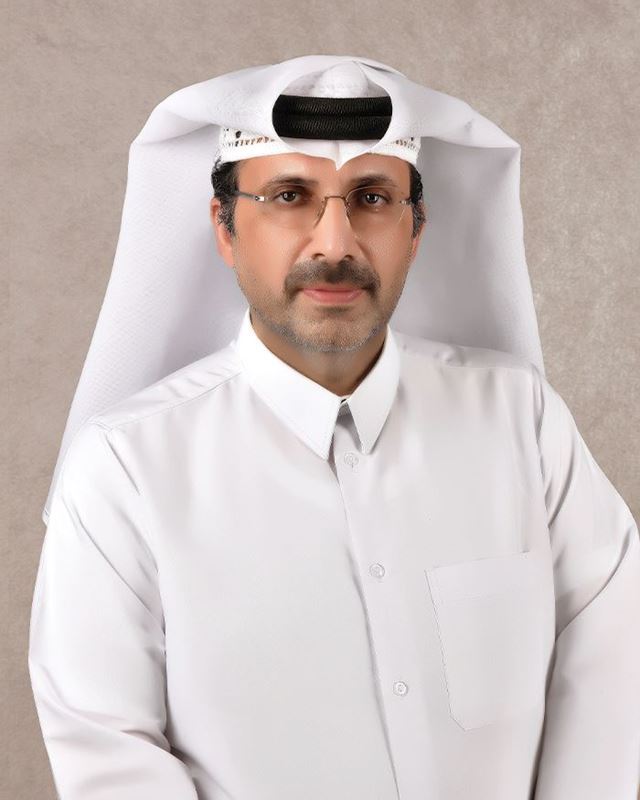

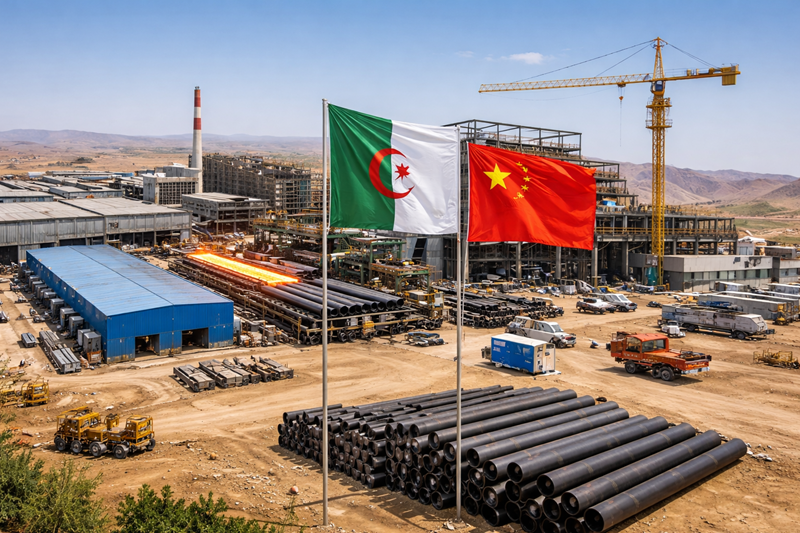
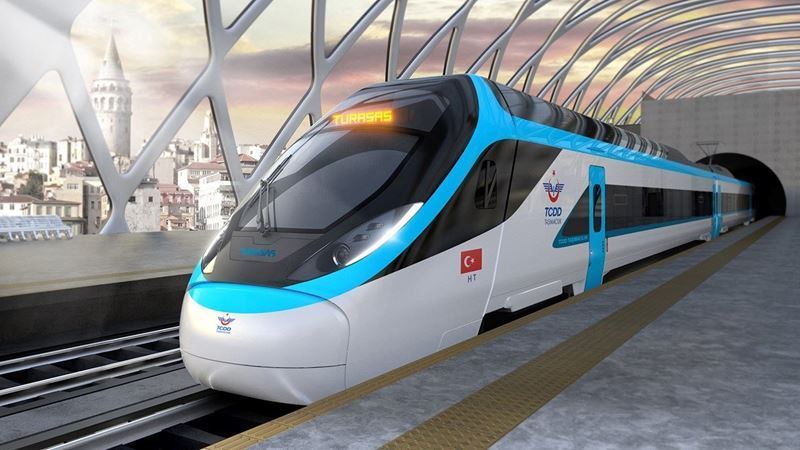
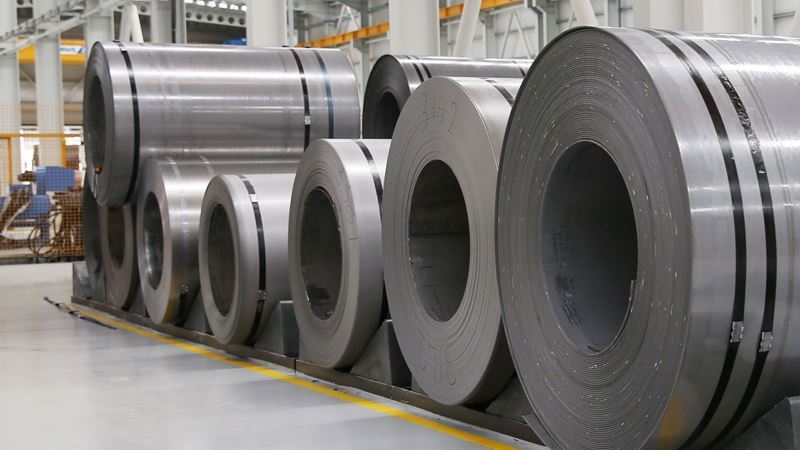
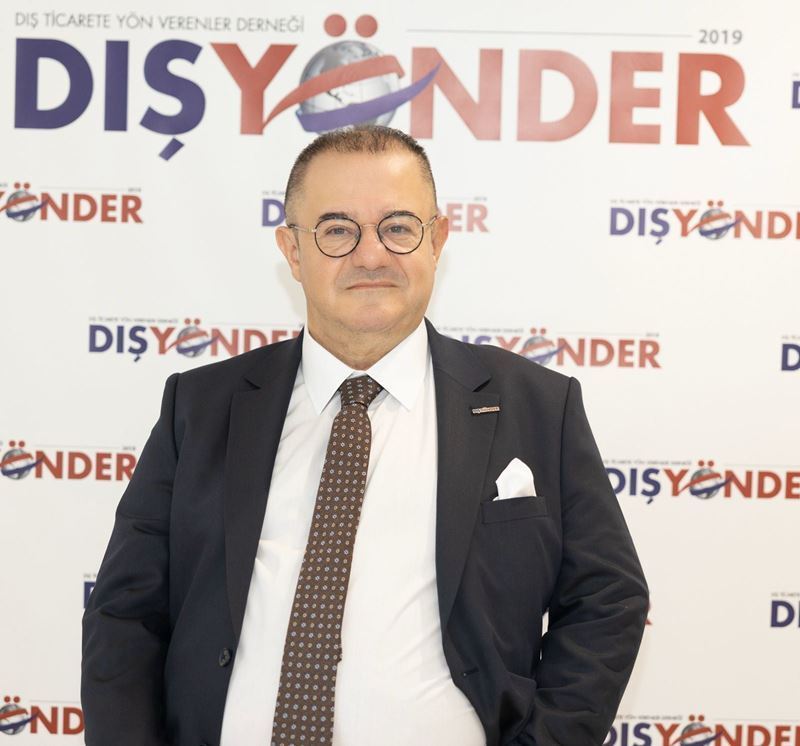
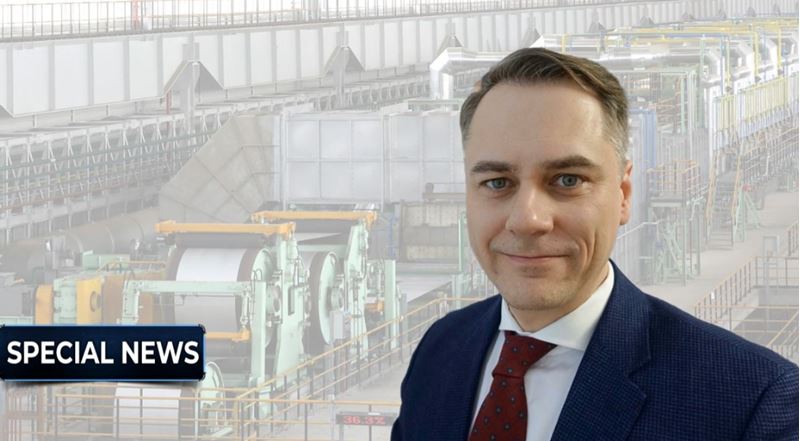


Comments
No comment yet.